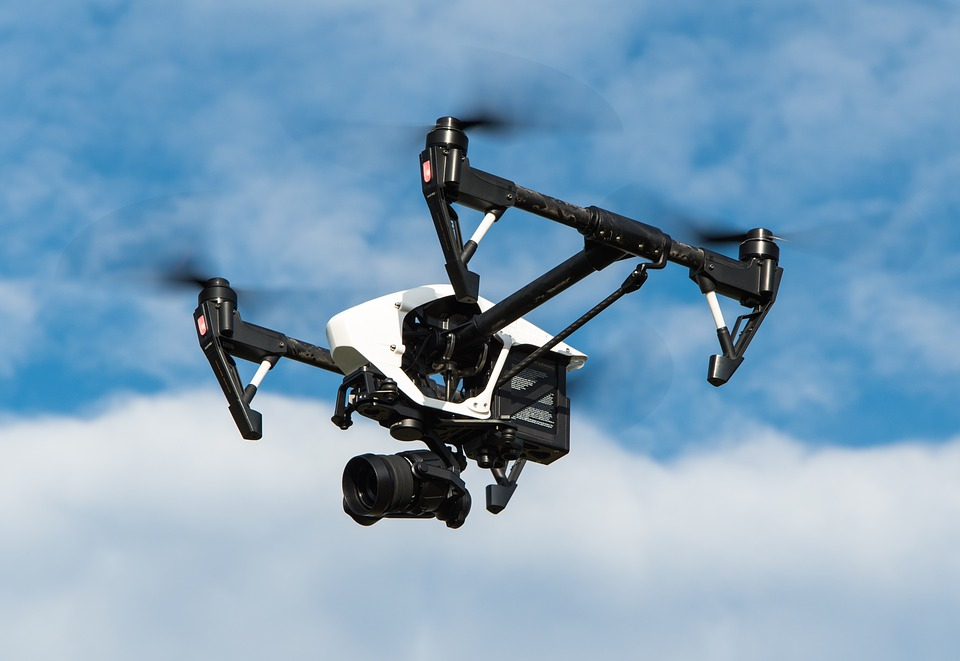As Poslovni Dnevnik/Ana Blaskovic writes, with the war continuing to rage in Eastern Europe following the Russian invasion, both EU and non-EU European countries are turning to stronger investment in defense and security.
The aforementioned money is earmarked for dual research (for civilian and military use), development and innovation, civilian security infrastructure and state-of-the-art technology projects, from space investment, AI, quantum technology, cyber and bio security including human security, food production and resources like water.
This new initiative will not change the definitions of excluded sectors, which specifically means that the EIB will not continue to finance armaments and defense as it is fundamentally defined. “SESI projects must be dual-purpose and guided by civilian implementation, which means that they’re expected to have predominantly civilian use,” the bank said.
A chance for the Croatian academic community as well
Gordan Pesic, who is in charge of business development at DOK-ING, has welcomed the EIB’s initiative, believing that there are many opportunities within it for Croatian tech companies, but also for the academic community.
“There’s certainly room in that programme for Croatian manufacturers, especially for those who close the so-called ”capability gaps” in terms of security. Among them is DOK-ING, which produces robotic and automated high value-added systems that move people out of imminent danger,” said Pesic.
Although it doesn’t fund arms manufacturers or basic defense, the SESI initiative’s propositions leave ample room for maneuver. “Croatian tech companies like the Osijek startup Orqa, Sestan Busch, GDI, and even textile companies developing smart materials could fit into that framework,” he said.
DOK ING, at the recently concluded World Defense Show in Saudi Arabia (and about which we recently wrote), attracted a lot of attention from the Saudis with its Chest of Drawers, a unique robotic platform for operating in conditions of chemical, biological, radiological and nuclear hazards.
In addition to the real space sector, according to Pesic, there is also room for research projects taking place in institutions such as the Faculty of Electrical Engineering and Computing and the Faculty of Mechanical Engineering and Naval Architecture, as well as a range of sophisticated computer solutions, such as AI.
The Croatian tech company Orqa, which is now a world-famous startup for highly innovative drone management goggles, has also confirmed its potential interest in this new European funding programme.
“A lot of things we’re developing naturally are dual purpose things, from radio communication solutions to remote vision systems, and drone technology in general,” explained co-founder and CEO Srdjan Kovacevic, noting that they have used both European and Croatian funding sources effectively in the past.
”We’re developing a system for transmitting video signals with low latency, which means that the video signal has a small delay and enables the efficient and precise control of a remote platform (such as a boat, vehicle or drone), it’s for hobby drones, but essentially the same technology can be used defensive purposes,” he explained.
Referring to the current turn of Europe and the EU as a bloc towards strengthening defense and security, Kovacevic says that Europe, unlike the United States, has invested very little in these segments through initiatives of private innovative companies, so in light of current events it is not surprising that there are now attempts being made to try to reduce the gap.
For more on Croatian tech companies, check out our business section.








